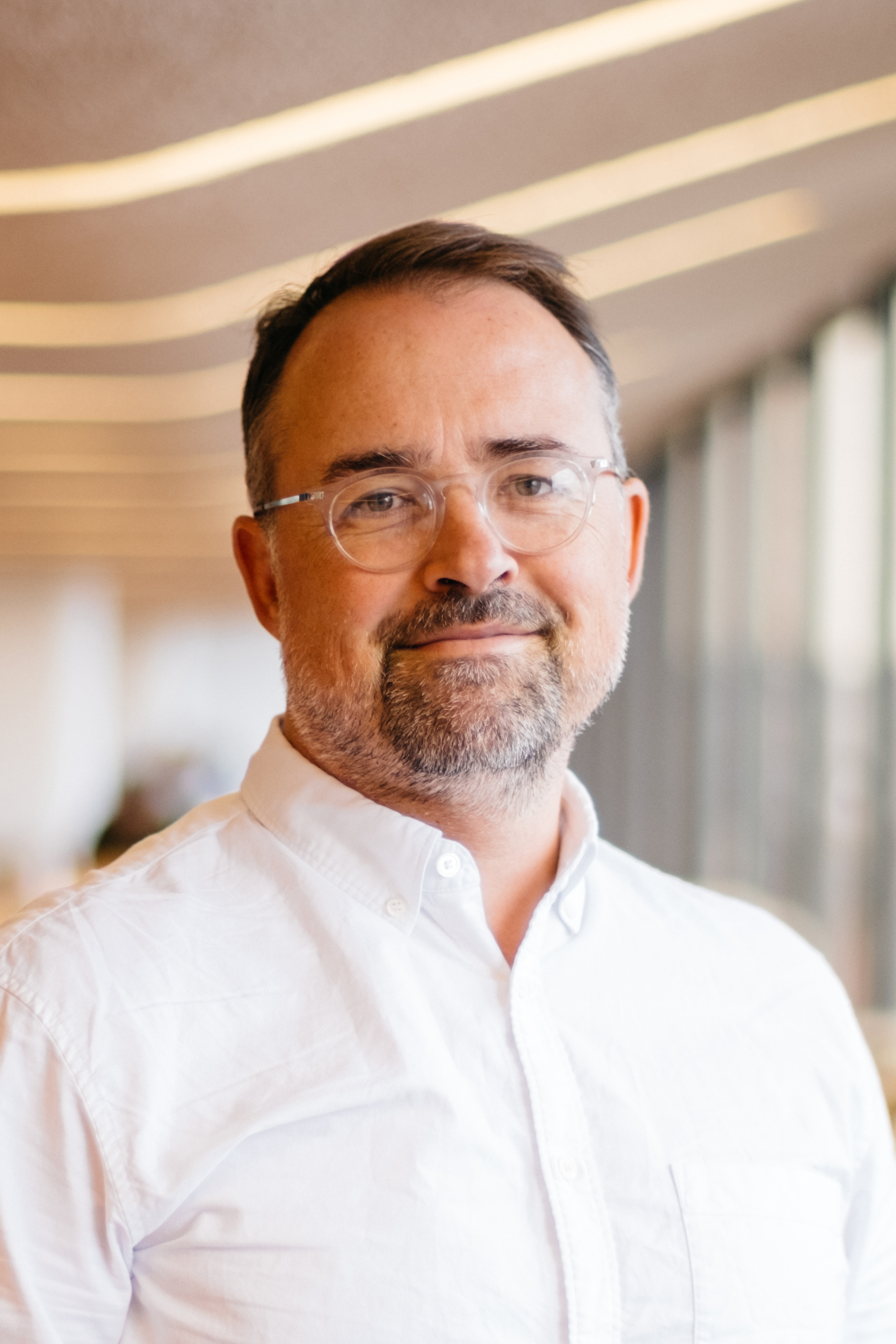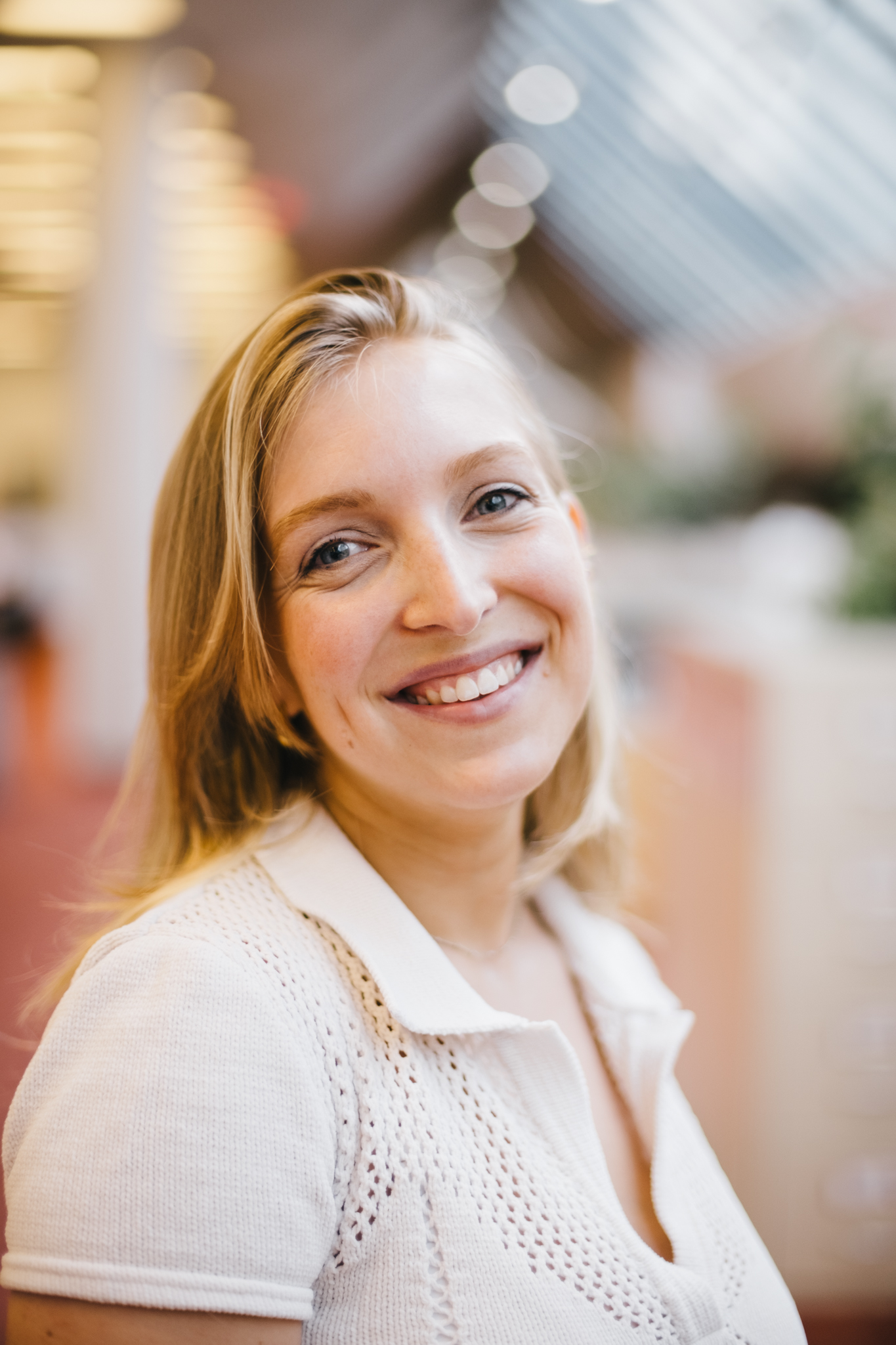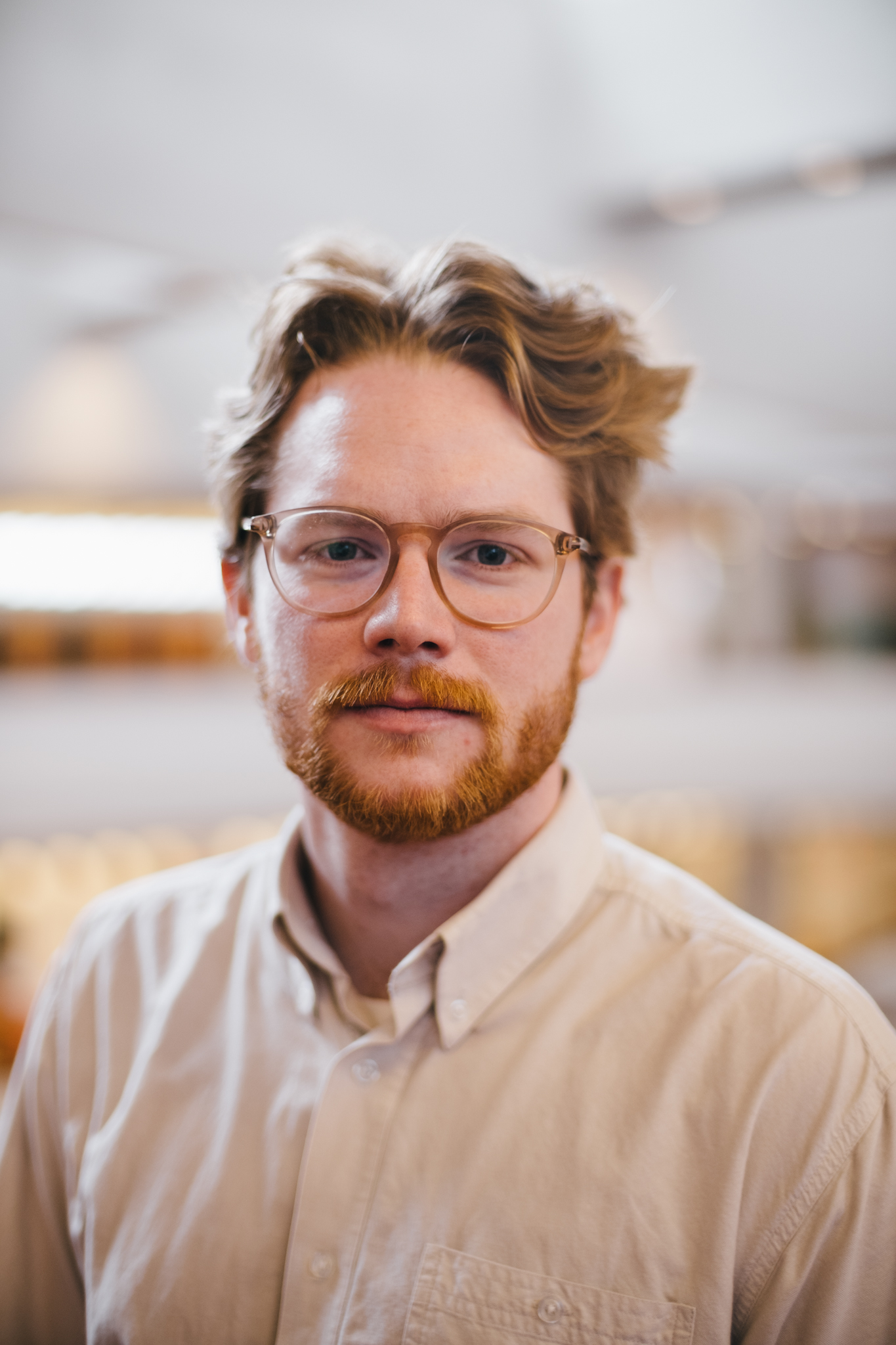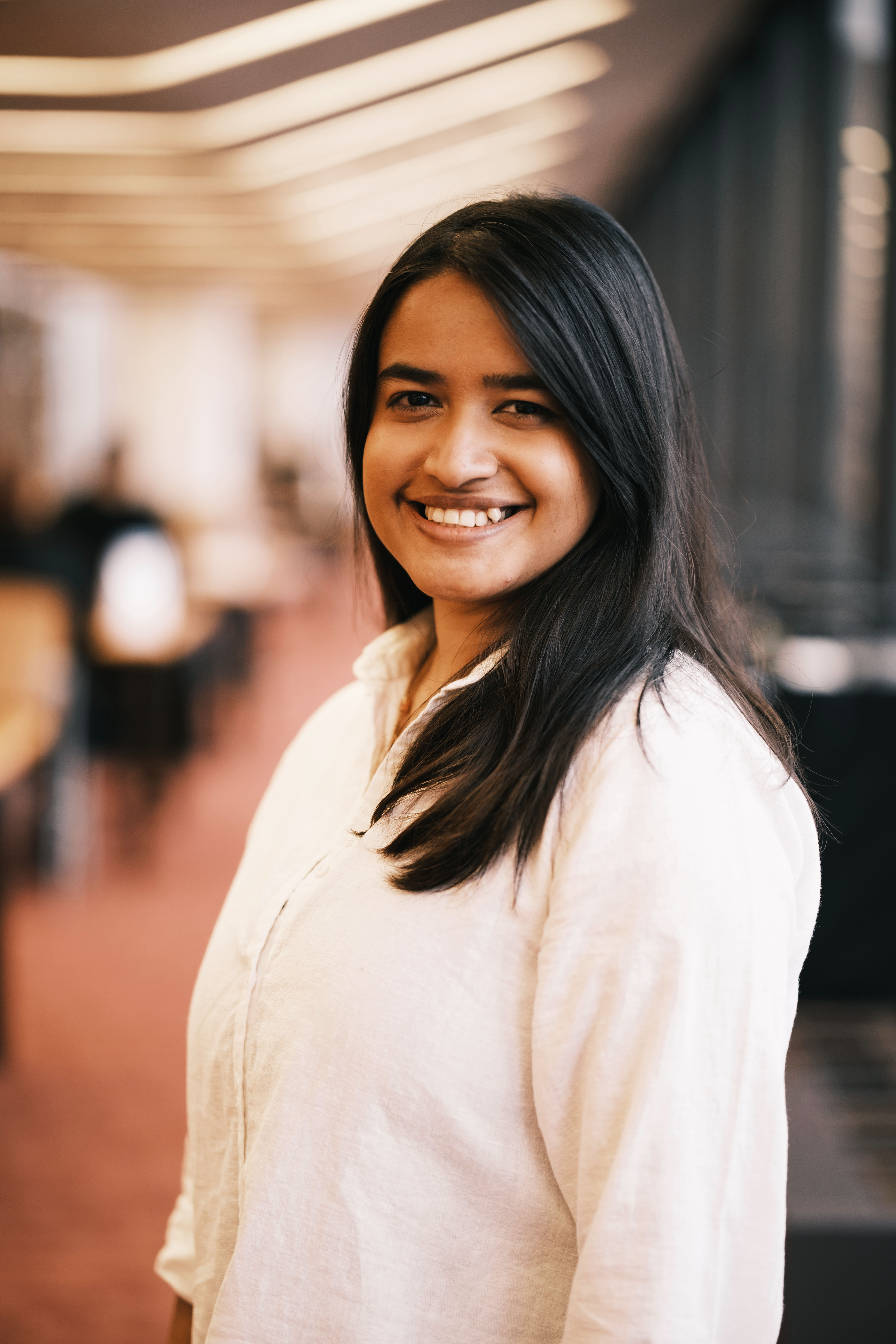Kelly Alvarez Doran OAA MRAIC

Kelly is a father, architect, educator, and activist. His holistic approach to the design of the built environment has been shaped by his experiences working across the world first in the resource development sector and at MASS Design Group’s East African office where led the design and implementation of several of MASS’s projects, notably the award-winning Munini District Hospital and the Rwanda Institute for Conservation Agriculture. Working in these contexts brought about a profound sense of a building’s provenance and the scales of social and environmental impacts inherent to the built environment.
In 2020, Kelly established the Half Research Studio at the University of Toronto to catalyse a conversation around the embodied carbon and life cycle impacts of buildings in Canada. The graduate level studio has engaged over 20 leading offices, trained 34 students, and has published internationally acclaimed research demonstrating how and where a building’s upfront impacts reside. The Studio’s research underpinned the embodied carbon policies co-authored by Kelly that were recently adopted by the City of Toronto.
Kelly is a regular speaker, writer, and advocate for the integration of life cycle assessments into design thinking. He is a Senior Fellow of Architecture 2030, a member of the Royal Architectural Institutes of Canada’s Committee of Regenerative Environments, and a Steering Committee member of Architects Declare USA.
Juliette Cook

Juliette is an intern architect, lecturer, researcher, and new mother. She brings a lifecycle lens to design thinking across a diverse portfolio of projects - evaluating these from the perspectives of embodied carbon, operational performance, cost, reuse potential, toxicity, labour, and more. She feels strongly that a return to a deeper understanding of materials, the ways they are made, and the ways in which they go together will enable a more regenerative design.
Juliette leads a collaborative project through the Circular Opportunity Innovation Launchpad that will showcase the economic viability and environmental necessity of deconstruction and material reuse across Ontario. She has worked with the City of Toronto on a benchmarking study on embodied carbon, helping to inform a future system of tiered targets and developing a standard reporting template for whole building life cycle assessments. Juliette has experience as a material research specialist at MASS Design Group, and as an architectural designer and sustainability consultant at White Arkitekter, where she created a palette of non-conventional, low-carbon materials for a large-scale cancer treatment centre.
Juliette’s background in geography and environmental science has informed her knowledge and interest across various scales, from urban planning down to landscape design. In rediscovering the wonders of the world through the eyes of her young son, she has a deep commitment to design and policy work that will shape a healthier future for people and planet.
Ryan Bruer
OAA MRAIC

Ryan is an architect and artist dedicated to a future of building with renewable and circular materials. He is a sessional lecturer at the University of Waterloo and a graduate of the University of Toronto, where his thesis demonstrated labor education investment is critical for low-carbon transition in construction.
He enjoys seeing LCA best practices make a difference in built work. He recently worked with BDP Quadrangle to help deliver Low-Carbon Now which aims to address the urgency of immediate carbon reduction opportunities for residential construction across the Greater Toronto and Hamilton Area. He continues to lead training workshops to accelerate LCA literacy across Ontario’s architecture and engineering firms.
Ryan brings a passion for communal stories that are tied to materials. Holding a Bachelor of Fine Arts, his first solo exhibition, funded by Canada Council of the Arts, demonstrated a printmaking practice dependent on material circularity through repair and exchange. Before his interest in buildings, Ryan ran a community bicycle shop that focused on educational events to train young riders and mechanics.
Rashmi Sirkar

Rashmi’s Master of Architecture thesis at the University of Toronto WoodLoop investigated the creation of a circular economy of building materials through the assessment of demolition permits, the modelling and life cycle analysis of stick frame houses and the policies and practices surrounding deconstruction, salvage, and reuse. Her thesis was supported by multiple grants that enabled field research across seven North American cities and was awarded the CAGBC Scholarship for sustainable design and research by the RAIC Foundation. Subsequently she has worked as a research associate with Rehousing.ca where she is explored systems electrification, low carbon retrofits and multiplex creation through the lens of affordability and engagement with citizen developers. Rashmi is a member at Toronto Circularity Network and the Dutch Canadian Circularity Alliance, working towards a wider advocacy and adoption of reuse policy and practices in Toronto.
Rashmi’s work today is informed by her experience as a designer and social entrepreneur in India where her practice emerged at the intersection of sustainability, design, and development. She co-founded Mana Organics in 2011, a women led organization that worked with collectivizing small farmers in rural India to facilitate organic farming at scale. She also served as managing director at Pitara Designs and Textiles (2015-2018) - a clothing design studio and manufacturing facility in New Delhi that worked with extensively natural materials and craft communities across India.


